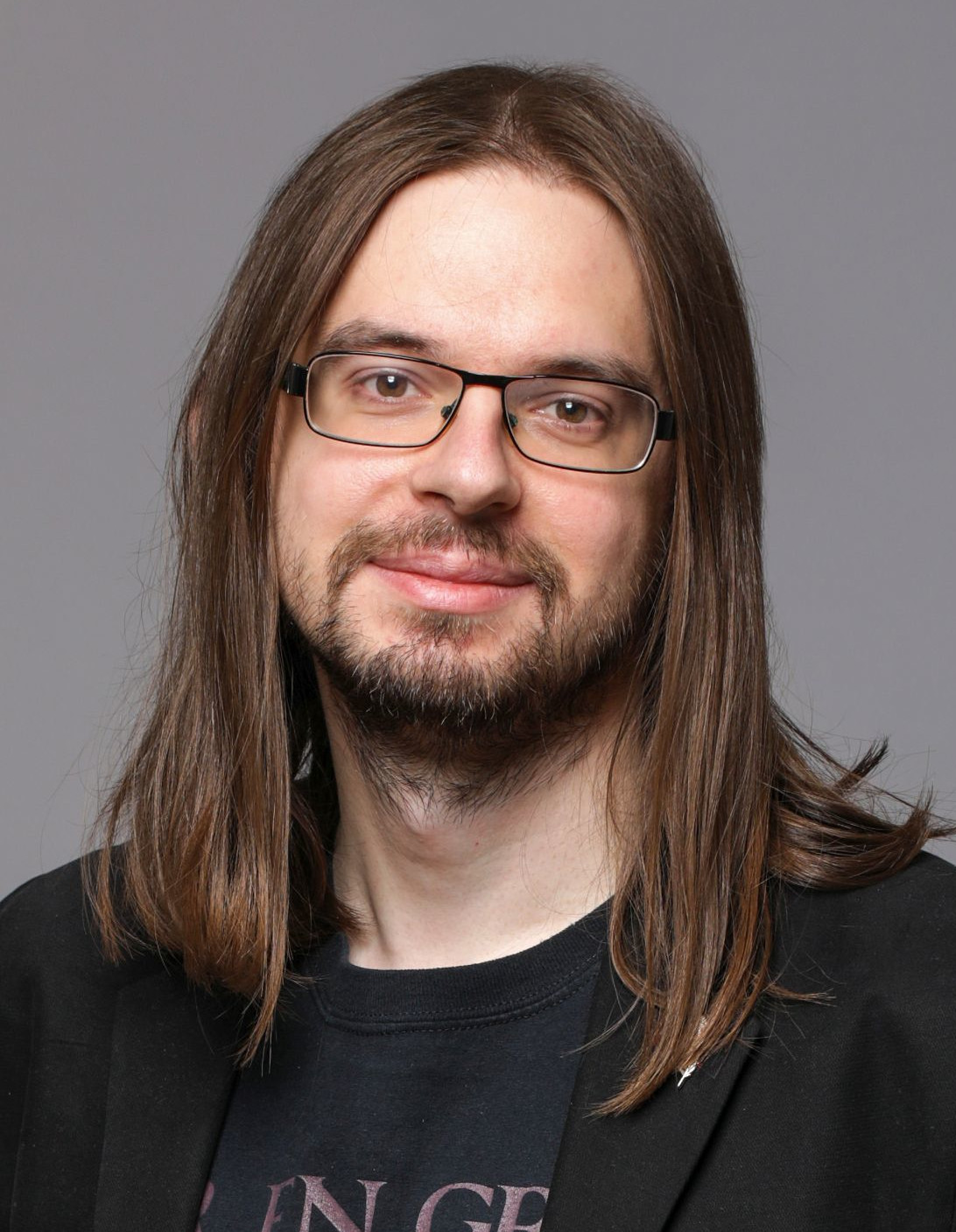Odjel za računalnu inteligenciju
Zavod za automatiku i računalno inženjerstvo, Zavod za elektrostrojarstvo i automatizaciju te IEEE Computational Intelligence Society Chapter pozivaju vas na predavanje: "Etho-robotics as ethologically inspired paradigm for the interaction between humans and intelligent systems" koje će održati prof. dr. Peter Korondi, profesor na Budapest University of Technology and Economics and Hungarian Academy of Sciences, Computer and Automation Research Institute.
Predavanje će biti održano u petak 3. travnja 2009. godine s početkom u 11:00 sati u prostoriji A-105. Predvidivo trajanje predavanja je 45 minuta.
Lecture summary:
During the evolution of the humans several ways of human to human communication have exfoliated, along with several communication channels. When we communicate to a machine we can feel something strange. Sometimes a robot can generate grammatically excellent sentence but something is missing. Even if we use a machine to transfer the thoughts of another person only for example using a computer for chatting we lose a great amount of information. This is the reason why we use smileys. Nowadays the need for communication channels in operation beyond the words between humans and artificial tools is growing and there are several researches which try to humanize the intelligent systems. Our approach is different. The main contribution of this project is to put the human-intelligent system interaction to a new, ethologically inspired base. According to this new paradigm the intelligent system should not be molded to mimic the human being, and form human-to-human like (intra-species) communication, but to follow the existing biological examples and form inter-species interaction. This project selects the 20.000 year old human-dog relationship as a model for the new paradigm, for the human- intelligent system interaction, as interaction of different species.
We propose a mathematical model for human-dog attachment behaviour. We have recognized that people feel attachment to their specific personal articles (e.g. mobile phones, cars) but important marketing benefits could be gained, if this human-to-device attachment could be completed to be mutual by the machine-to-human attachment direction. In our ageing society remote diagnostic systems play important role, but particularly elderly people show difficulties in accepting new and more complicated technological instruments. The utilisation of our results would facilitate the acceptance of these supervising and nursing remote diagnostic systems creating loveable and human attached “something” or even more "someone".
Short CV of Prof. Korondi:
Peter Korondi, D.Sc.: Doctor of the Hungarian Academy of Science, 2008, Ph.D. 1996, M.Sc. 1984, IEEE member. He spent two years at Tokyo University from 1993-95. Author or co-author of almost 10 book chapters, university notes, over 50 Hungarian and foreign journals and over 100 conference articles, 10 studies, held 15 presentations at foreign universities and institutes, over 450 know independent citations to his work.
2007: Chair of the IEEE IES-Computational Intelligence Subcommittee, 2006: IFAC, Vice-Chair of the Technical Committee 4.3 – Robotics, 2004: Founding member of Hungarian section of IEEE Industry Application Society, later voted vice chairman. The section won IEEE Industry Applications Society's 2005 Outstanding Small Chapter award in 2005, 2004: Founding member of ITM Norwegian-Hungarian Joint Laboratory, 2001: Founding member of Integrated Intelligent Systems Japanese-Hungarian Joint Laboratory, 1996: Founding member of the PEMC International Council (PEMC IC) committee that gathers Power Electronics and Motion Control professionals from the area of Central Europe and coordinates conferences, which later merged in 1998 into the (European Power Electronics and Drive Association (EPE) and continues to work as a relatively independent chapter.


